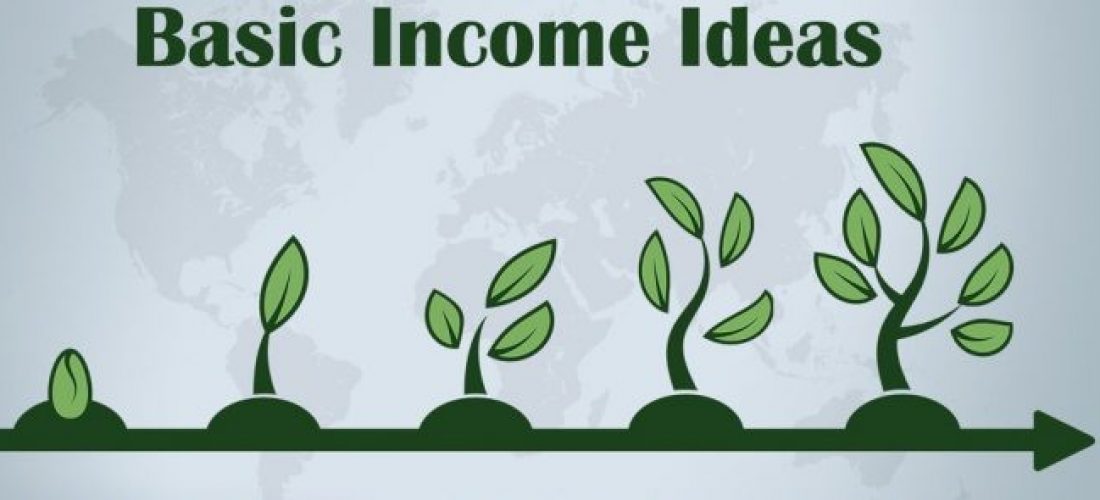Economic reasoning and empirical evidence suggest that, under certain conditions, unconditional basic income might be an important policy innovation for redistributing the gains from automation and globalization, building a buffer against shocks and systemic risks, and generating positive labor supply incentives among poor people. While an unconditional basic income policy is simple and transparent, with low administration costs, financing it might require higher taxes. Although the evidence on implied efficiency losses is mixed, carefully designed taxes can avoid the risk of canceling the potential benefits of unconditional basic income through efficiency losses.
SEGUICI







